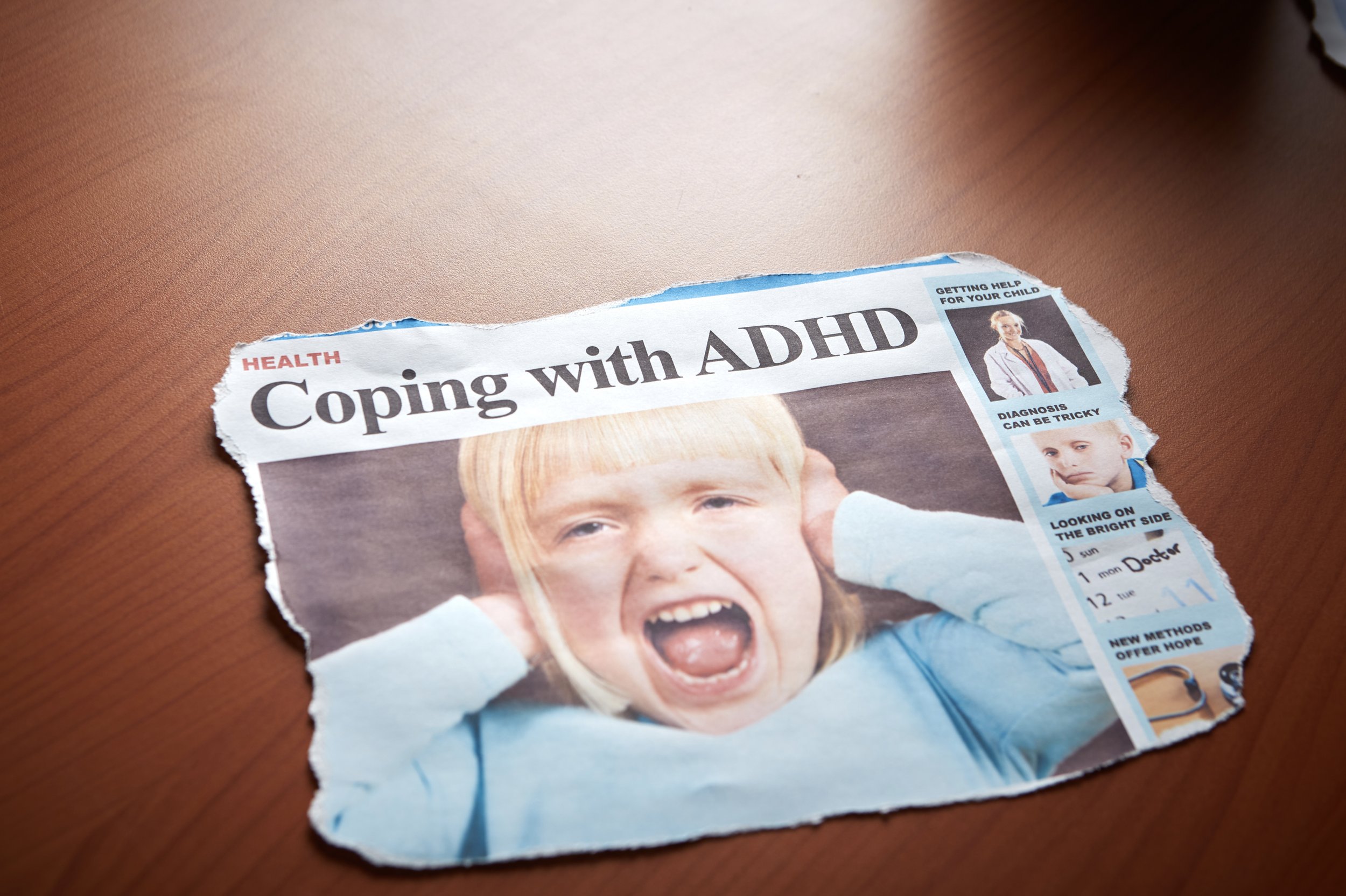
ADHD Coaching for Children
Our approach to helping your ADHD child depends on their age. This is because we honor their brain development timeline, especially the development of their prefrontal cortex - the main hub of executive functions. Each developmental stage requires a slightly different outlook and support strategy. In all cases however, we work closely with you, the parents, giving you the tools you need to create a nurturing environment for your child, that will help them thrive and enable their progress. And because we want to leave no stone unturned, we are incorporating Health & Nutrition Coaching into your coaching package, since oftentimes, what we feed our children directly correlates with the symptoms.
0 - 3 years
-
This is the period during which you have the most control over the potential birth of neurodevelopmental disorders, such as ADHD. Therefore our main focus is on working with you, the parent.
-
Healthy Lifestyle Habits: exploring and enhancing your current routines and parenting strategies to ensure a healthy brain and overall physiological development of your child/children
Healthy Diet
Helping you understand the main ADHD symptoms to look out for in your child, and guide you should you feel concerned about your child’s development
-
ADHD does not get diagnosed at this early stage of your child’s life.
There are symptoms to look out for (see below), although observing them does not necessarily mean your child will develop ADHD, esp. if they are an isolated occurance. Your child’s brain is undergoing the biggest changes of its lifetime, and as long as it is allowed to do so in a safe and healthy environment, most of the ‘little wobbles’ will likely resolve themselves by the time the brain completes most of its growing and transformations (at around the age of 3-4 years of age).
The symptoms below may be a reason for concern if they occur frequently and consistently, for example under the same or similar circumstances;
All of the symptoms can be also attributed to many other neurodevelopmental disorders, as well as physiological ones, so observe, make notes, and seek support and advice if you feel at all concerned.
Symptoms to pay attention to:
The Butterfly Tots (frequent focus shifts) - your toddler doesn’t stay engaged in an activity for more than a few seconds at a time, before he/she spontaneously moves on to another activity
Although emotion control is not expected at this age, and meltdowns are normal, when your child gets upset, he/she seems inconsolable
It sometimes feels like your child is hypersensitive and overreacting to the smallest triggers and often times you are not even sure why they are overreacting
Remember, when in doubt, seek advice and support. We are here for that very purpose. Your peace of mind is extremely important. Stress and anxiety are contagious, meaning your child can pick up on these emotions and their little bodies will inevitably experience their negative impact, which is never helpful.
3 - 7 years
-
The sooner the intervention takes place, the greater the chance of partial or even full rehabilitation. This is because the child’s brain at this stage of life, although almost fully finished with its growth and transformation, is still capable of making changes. The younger the child, the weaker the newly developed pathways are and the greater the chance of ditching the wrong ones, and replacing them by healthier ones. This can be done by changing their habits, and through repetition.
-
Improving executive functioning through correcting daily routines and habits and building the healthy ones
Extending support to include early years academics - such as developing correct study habits, creating and organising study space and a study nurturing environment, preparing and maintaining study materials and much more
Teaching your child (and you) the importance and the art of relaxation, mindfulness and boredom (yes, you heard us right!) and helping them and you build a lifestyle to include these absolutely essential skills
-
Your child might be showing more consistent symptoms, but many different causes can be behind them.
Ensure that you are not, albeit unknowingly, contributing to or causing some or all of them through unhealthy lifestyle and dietary habits. Unfortunately, more often than not, it is us, parents, that, out lack of awareness, expose our own children’s brain to unnecessary challenges, making them vulnerable and susceptible to maldevelopment and malfunctions. Our purpose is to do the full ‘diagnostics’ of your child’s symptoms, but also your whole family’s lifestyle habits - the main reason we include Nutrition & Health Screening into your package.
No official diagnosis will be made at this stage of your child’s life (spare the most extreme instances).
7 - 18 years
-
Most of our attention and efforts go to slowly undoing unhealthy habits that cause or contribute to ADHD and re-learning how to function more effectively. We educate your child by enhancing their own body and mind awareness and understanding of its vital functions and behaviours. We believe that this sharpens their metacognition - the crowning executive functioning skill, without which no other skills can improve.
-
Addressing impaired executive functioning skills by first learning about them, what currently makes them worse and what can be done to improve them
Extending the support to include academics - timely homework completion, other school related responsibilities and aspects of student life
Building effective interpersonal and communication skills and habits
-
At this stage of your child’s life, their ADHD can be showing in its full form.
ADHD gets typically diagnosed from 7 years of age onwards.
ADHD can go undetected for many years.
There are different types of ADHD, not all have the ‘H’ factor present and often the other symptoms are overlooked or confused with other conditions.
Even the more severe symptoms can masquerade as ADHD whilst the true cause of them isn’t a result of a neurodevelopmental disorder, but rather a physiological/biological one.


